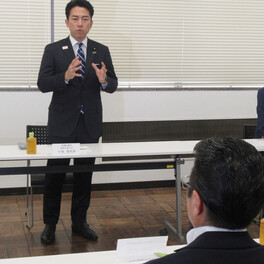With just a week until the leadership election for Japan's ruling Liberal Democratic Party, all eyes are on the activities and platforms of the candidates. With the outcome of this election likely determining the nation's next Prime Minister, there is a heightened sense of anticipation in the political sphere. Political pundits and citizens alike eagerly analyze the diverse stances of the candidates, as potential policy changes and their implications for Japan's domestic and foreign affairs come into focus.
In Japan, political leadership elections often reflect more than just policymaking - they often demonstrate clan affiliations and internal party dynamics. This often makes the leadership race a hot topic of conversation amongst the public, with considerable importance placed on the ideologies and policy plans of individual candidates. These races are also monitored closely for their potential impact on Japan's relationships with other countries, particularly its Asian neighbors and the United States.
Similar to Japan, leadership elections in the United States or Europe also capture significant public attention. However, there are key differences in the systems. While Japan's ruling party's leadership typically determines the Prime Minister, in countries like the U.S., the President is chosen through a nationwide popular and electoral vote. Therefore, the intricacies of internal party politics can potentially have a greater direct impact on Japan's leadership than in countries with different electoral systems.

